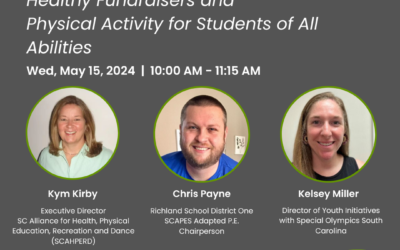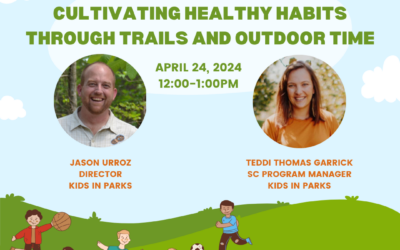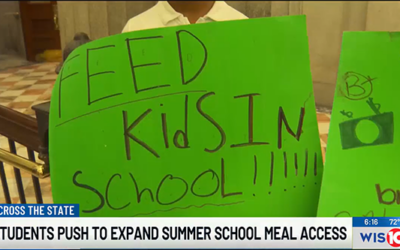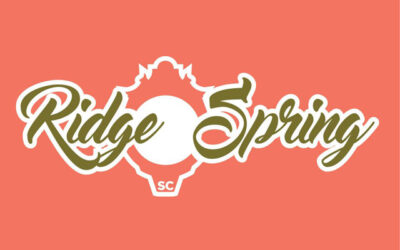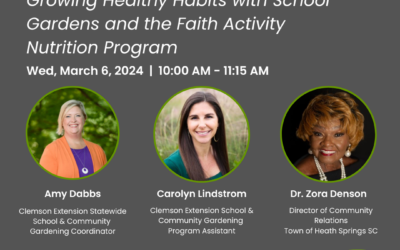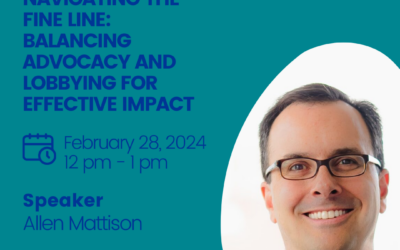Join us as we challenge you to rethink what you know about people with disabilities, access to programs and services, and the importance of equity and inclusion in programs and services. https://youtu.be/R8NK9IkE1UU
HEAL Mini-grant
Healthy Fundraisers and Physical Activity for Students of All Abilities
SCAHPERD Executive Director will share information about their healthy fundraiser for schools, SC FitMe. State physical education and physical activity experts will share information about Unified Physical Education– an opportunity for students of all abilities to...
Trailblazing for Tomorrow: Cultivating Healthy Habits through Trails and Outdoor Time
Discovering nature and enjoying the outdoors creates lasting childhood memories while also promoting healthy habits. Join us for an engaging webinar on how South Carolina’s communities can provide fun outdoor experiences for kids and families through the Kids in Parks...
Engaging Communities, Schools and Youth to Create Safe Spaces for Physical Activity
The physical environment is a key tool for living a healthy lifestyle! Learn from Brandie Freeman, Wholespire Marketing and Communications Manager, and Jamaius White, The HYPE Project Program Manager, as they discuss community and school projects that shape the...
Students spend spring break at SC State House to highlight important cause to them
WIS TV Columbia
Unlocking Potential: The Key to Successful Cross-Organizational Collaboration
Wholespire’s “Unlocking Potential: The Key to Successful Cross‑Organizational Collaboration” webinar explores how statewide organizations build equitable partnerships despite limited capacity. Learn strategies for balancing short‑term goals with long‑term vision, coordinating impact across sectors, setting priorities, and measuring results to improve community health and resilience
Ridge Spring Focusing on Getting Families Outside More Often
New sensory equipment Rural municipalities are relying on increased community engagement to enhance amenities and opportunities for families to explore local businesses, as well as provide inclusive play opportunities for children of all abilities. Focusing on these...
Growing Healthy Habits with School Gardens and the Faith, Activity and Nutrition Program
During this presentation, Amy Dabbs and Carolyn Lindstrom with Clemson Extension School and Community Gardening will review the benefits of school gardening and resources available for South Carolina schools to grow and sustain their gardens. The Clemson Extension...
Navigating the Fine Line: Balancing Advocacy and Lobbying for Effective Impact
Are you passionate about advocacy but concerned about the fine line between impactful advocacy and lobbying expenses? Join us for an insightful webinar, ” Navigating the Fine Line: Balancing Advocacy and Lobbying for Effective Impact,” where we delve into the art of...


